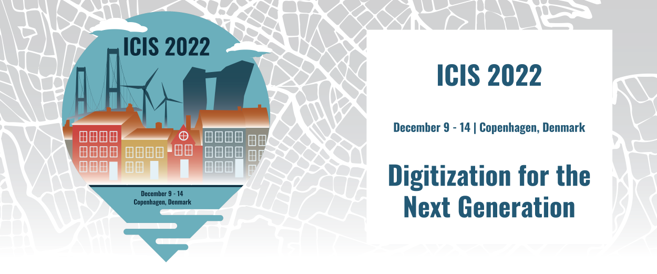Information security is an arm-race between attackers and defenders. The attacks evolve with the development of technologies, such as cloud computing, artificial intelligence (AI), and payment methods. The ransomware attack is such an example, imposing disruptive risks to businesses and society. The defenders, in response, must secure their systems, which put them at the forefront of dealing with many emerging issues presented by the new technologies. These new emerging issues include responding to the changing regulatory landscape, advancing organizational best practices, and understanding the behavioral and ethical challenges. Furthermore, many of the classical information security and privacy problems remain unsolved; effort and investment have not kept up with the information security risks. For example, millions of working passwords can still be found on the web, and organizations continue to use outdated security solutions that the recipes of breaking them are widely available. The COVID-19 pandemic intensifies cybercriminal opportunism, and cybercrime is thriving during the pandemic. One report suggests that phishing attacks rose 220% during COVID-19 peak and rekindles the urgency of managing information security problems. Track Co-Chairs: Jingguo Wang, Ph.D., The University of Texas at Arlington Wei Thoo Yue, Ph.D., City University of Hong Kong Mikko Siponen, Ph.D., University of Jyväskylä
Subscribe to RSS Feed (Opens in New Window)
| 2022 | ||
| Saturday, December 10th | ||
| 12:00 AM |
Valuation of Personal Data in the Age of Data Ownership (Paper-a-thon) Hannah Stein, Saarland University 12:00 AM |
|
|---|---|---|
| Monday, December 12th | ||
| 12:00 AM |
Artificial Intelligence for Cybersecurity: Towards Taxonomy-based Archetypes and Decision Support Jana Gerlach, Information Systems Institute, Leibniz Universität Hannover 12:00 AM |
|
| 12:00 AM |
Chief Privacy Officer Role and Organizational Transformation in the Digital Economy Mazen Shawosh, King Fahd University of Petroleum & Minerals 12:00 AM |
|
| 12:00 AM |
Competencies of Cybersecurity Leaders: A Review and Research Agenda Ashley Baines Anderson, University of Melbourne 12:00 AM |
|
| 12:00 AM |
Do individual employees’ security compliance intentions relate to workgroup security effectiveness? Chul Woo Yoo, Florida Atlantic University 12:00 AM |
|
| 12:00 AM |
Manoj Kahdan, RWTH Aachen University 12:00 AM |
|
| 12:00 AM |
Giving Users Control Over How Peers Handle Their Data: A Design Science Study Anne Zöll, TU Darmstadt 12:00 AM |
|
| 12:00 AM |
Bowen Guan, University of Sydney 12:00 AM |
|
| 12:00 AM |
Phish Finders: Improving Cybersecurity Training Tools Using Citizen Science Vinod Kumar Ahuja, University of Nebraska Omaha 12:00 AM |
|
| 12:00 AM |
Privacy Risks in Digital Markets: The Impact of Ambiguity Attitudes on Transparency Choices Nikolai Sachs, University of Passau 12:00 AM |
|
| 12:00 AM |
Taking a Seat at the Table: The Quest for CISO Legitimacy Michelle René Lowry, Virginia Tech 12:00 AM |
|
| 12:00 AM |
The Role of Psychological Ownership in Privacy Risk Compensation: A Moderated Mediation Model Lijun Wang, University of Science and Technology of China 12:00 AM |
|
| 12:00 AM |
The Role of Uncertainty in Data Breach Response Processes - A Reactance Theory Perspective Till Ole Diesterhöft, University of Goettingen 12:00 AM |
|
| 12:00 AM |
Using Active Privacy Transparency to Mitigate the Tension Between Data Access and Consumer Privacy da ma, School of Management 12:00 AM |
|
| 12:00 AM |
Alexander Gladis, RWTH Aachen University 12:00 AM |
|
| 12:00 AM |
Anjuli Franz, Technical University of Darmstadt 12:00 AM |
|


